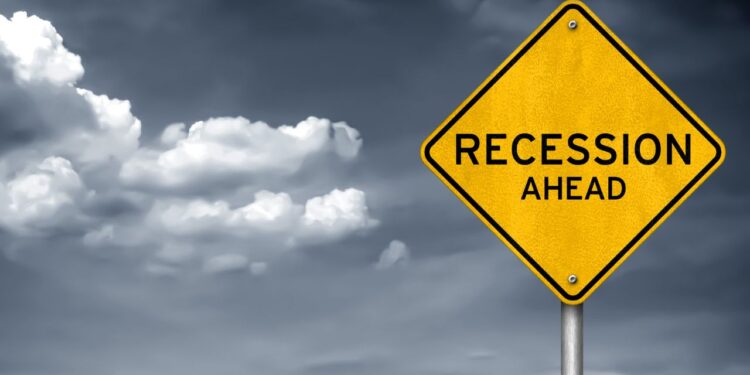According to research firm Ned Davis, there’s now a 98% chance of a global recession.
It’s now certain that the Federal Reserve will press on with its “most aggressive monetary tightening campaign in decades” in order to mitigate inflation from the US economy, according to CNN business.
Even if this triggers a recession, it will be done, although it will come at the expense of consumers and businesses around the world. Wall Street is also suffering and will continue to, as stocks are on track for their worst year since 2008.
The general agreed upon idea is that a global recession is likely sometime in 2023, but it’s not really possible to predict how severe it will be or how long it will last.
In a report this week, economists at the World Economic Forum wrote, “we are in uncharted waters in the months ahead. The immediate outlook for the global economy and for much of the world’s population is dark,” and added that the challenges “will test the resilience of economies and societies and exact a punishing human toll.”
The one positive aspect to this doom-and-gloom outlook might be that these kinds of crises force transformations that improve standards of living and make economies stronger.















